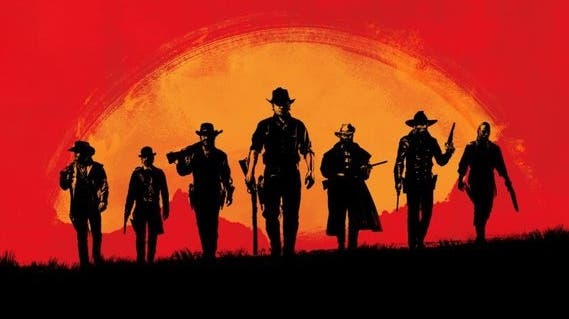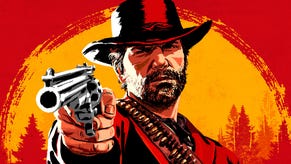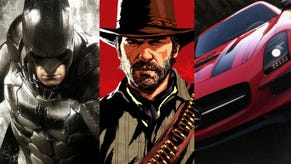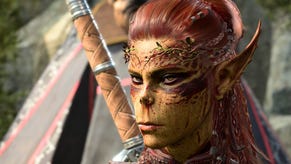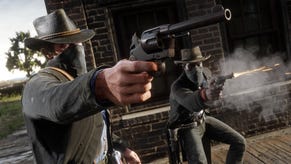Rockstar attempts to defuse 100-hour work week controversy amid storm of criticism
"There seems to be some confusion."
Rockstar co-founder Dan Houser has tried to walk back comments he made about staff working 100-hour weeks on the upcoming Red Dead Redemption 2 - a statement which sparked widespread criticism throughout the video games industry yesterday.
Houser made the claim in a Vulture article based on a personal tour of Rockstar Games' Manhattan office. Astonishingly, neither Houser nor Vulture attempted to justify the extraordinary amount of work further, in an article which otherwise glowed about the game and overall visit. Here's the excerpt:
"We were working 100-hour weeks" several times in 2018, Dan says. The finished game includes 300,000 animations, 500,000 lines of dialogue, and many more lines of code. Even for each RDR2 trailer and TV commercial, "we probably made 70 versions, but the editors may make several hundred. Sam and I will both make both make lots of suggestions, as will other members of the team."
At 100 hours a week, someone would be working an astonishing 14 hours a day, seven days a week with no days off. This highly detrimental "crunch" culture exists in other industries but has been repeatedly reported as being particularly prevalent in the games industry. It's a topic we've covered previously and this level of crunch is far from an isolated incident within the industry.
But a 100-hour week? As the interview circulated, this extreme statistic sparked condemnation - and prompted a rare response from Houser, published by Kotaku. In it, Houser claims he was speaking solely about four people, and that any "additional effort" for other staff members was a choice.
Here's the full quote:
"There seems to be some confusion arising from my interview with Harold Goldberg. The point I was trying to make in the article was related to how the narrative and dialogue in the game was crafted, which was mostly what we talked about, not about the different processes of the wider team. After working on the game for seven years, the senior writing team, which consists of four people, Mike Unsworth, Rupert Humphries, Lazlow and myself, had, as we always do, three weeks of intense work when we wrapped everything up. Three weeks, not years. We have all worked together for at least 12 years now, and feel we need this to get everything finished. After so many years of getting things organised and ready on this project, we needed this to check and finalise everything.

"More importantly, we obviously don't expect anyone else to work this way. Across the whole company, we have some senior people who work very hard purely because they're passionate about a project, or their particular work, and we believe that passion shows in the games we release. But that additional effort is a choice, and we don't ask or expect anyone to work anything like this. Lots of other senior people work in an entirely different way and are just as productive - I'm just not one of them! No one, senior or junior, is ever forced to work hard. I believe we go to great lengths to run a business that cares about its people, and to make the company a great place for them to work."
But many have pointed out how Houser's comments echo previous reports of Rockstar crunch culture - something which was memorably exposed in a 2010, open letter from the partners of those working on the original Red Dead Redemption. The letter spoke of a toxic workplace culture where extreme overtime was standard, encouraged, and came with punishments for those unwilling to comply.
And since the controversy spread yesterday, several former Rockstar employees have been sharing their experiences on Twitter:
Red Dead Redemption 2 launches 26th October.
